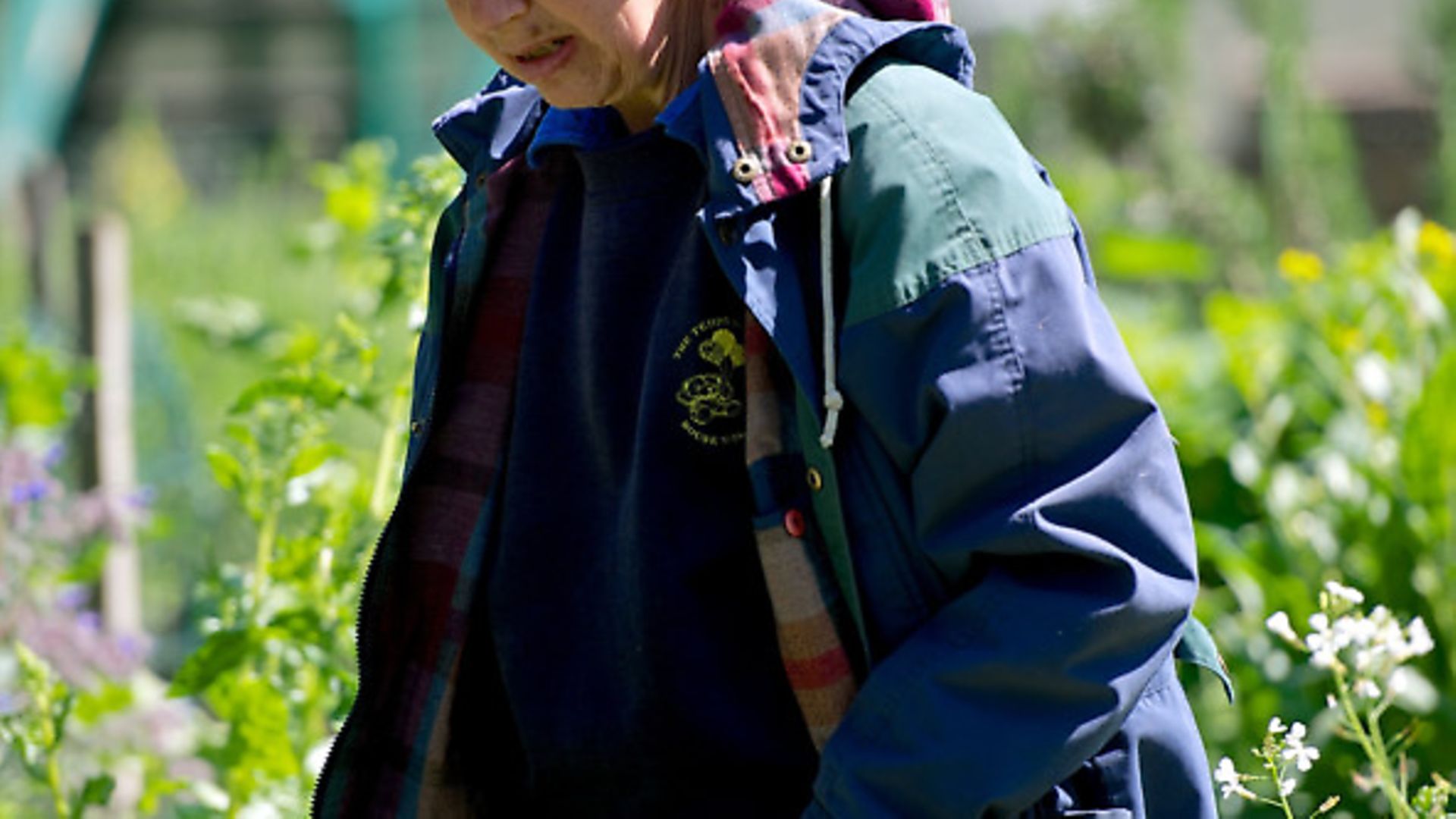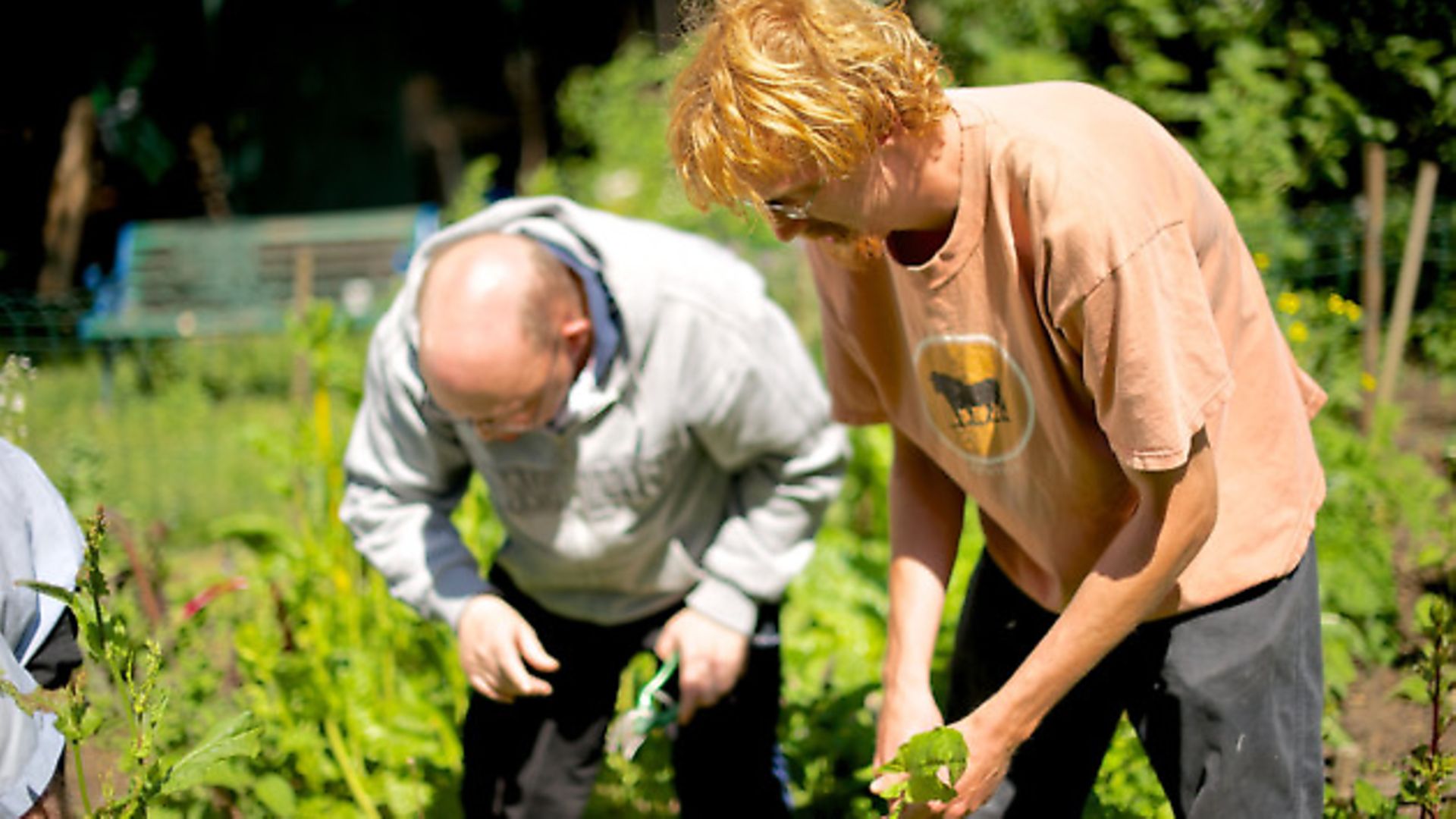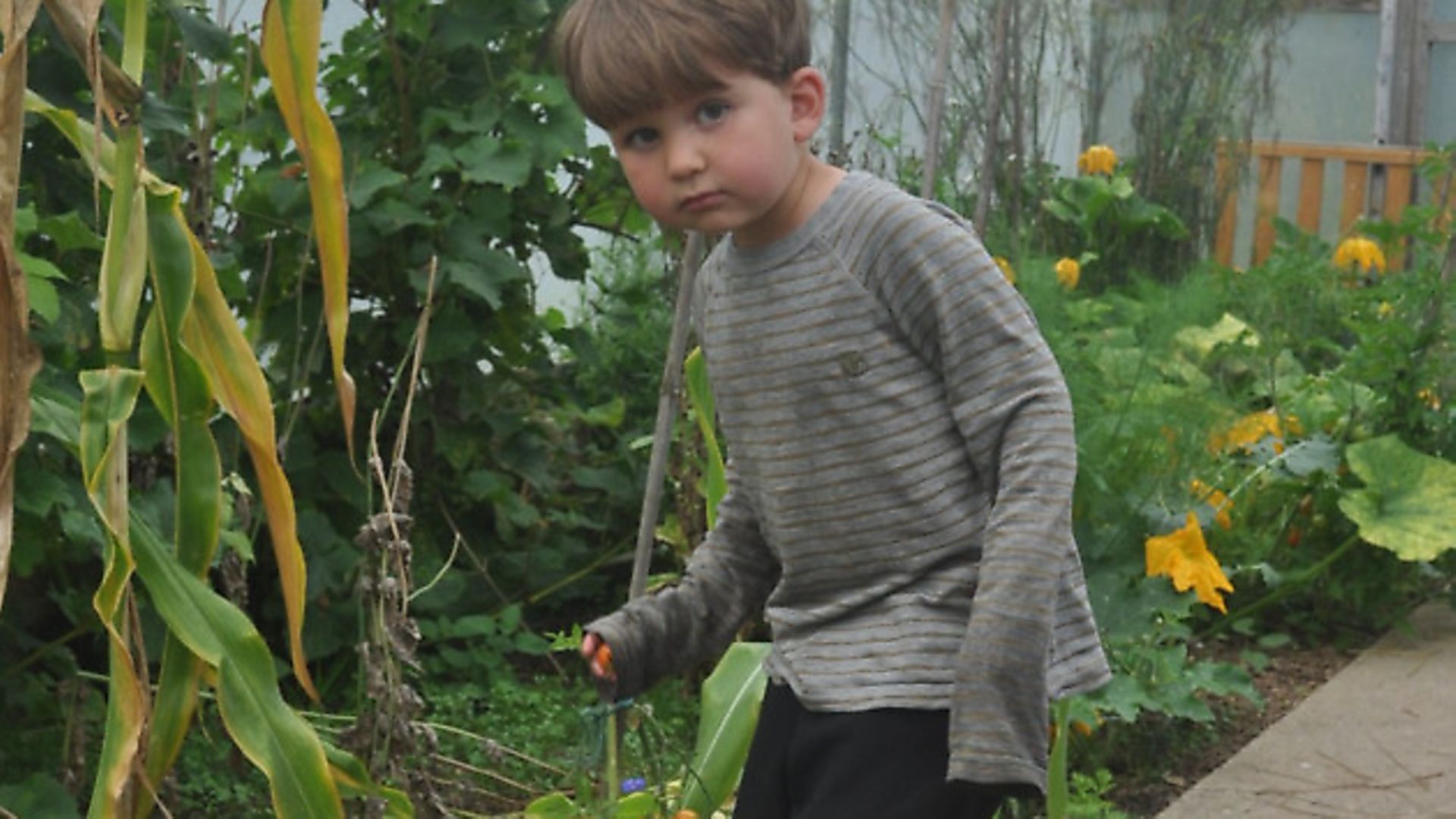Former stressed-out city dweller Kim Stoddart takes a look at the broad spectrum of people benefiting from smallholding…

When I lived in Brighton and worked long hours in my office, often the only bit of nature I’d see during the week would be a scrappy bit of grass verge on the side of the road on my walk to work. During the winter months I’d be lucky if I saw much daylight at all until the weekend. I was so busy that lunch break often meant nipping out for an unsatisfactory sandwich to eat whilst reading through emails at my desk. Being inside so much of the time like this is not natural, or indeed good for you. For me, it meant I’d become stressed-out, had put on weight and wasn’t feeling really very healthy at all.

After business meetings that seemed to waffle on for ever, targets and oodles of red tape, the sheer joy I felt at the relaxing but meaningful simplicity of gardening in the spare time I did have was grounding for me. The pleasure I got from learning to grow herbs and produce from seed in my tiny back yard was immense and provided real satisfaction in a way that my work at the time could never have done. I longed for more of the same and gradually changed my life in a pursuit of the opportunity to do just that.

Of course, anyone who gardens or works with animals knows how good it can make you feel. Whether you’re a bit tired, have had a stressful day at work, an argument, or are dealing with serious depression or heartbreaking loss, I’ve heard time and time again from people I’ve interviewed for this magazine how powerfully healing smallholding life can be. It enables us to take time out from the constant busyness, noise and over-stimulation of the 24/7 modern world and just be.
Smallholding life undoubtedly offers a lot to many; here are just some of the ways people stand to benefit:
Abz Love (former 5ive rapper) and smallholder in West Wales
“When I was in 5ive there were so many parties, people wanting your attention – it was really full on. I wasn’t really prepared for it first time round. My coping mechanism with the fame was getting out of it with drinking and drugs. Now half a glass of wine and I have to go to bed.
“Since we moved to our smallholding a year and a half ago, I’ve got so much space to sculpt, design, and create, and it’s doing something to me. It’s making me really calm and happy.
“I’m telling you that gardening grounds you. When you’re in that moment you’re not thinking about anything else, just doing. This natural stuff is what helps us thrive – everyone should do it.”
Limpsfield Grange School, Surrey
Sarah Wild is the headteacher at Limpsfield Grange School, whose inspirational work was showcased in an ITV documentary Girls with Autism last year. She said: “Being outside is of enormous benefit for the girls. It really helps them to process their feelings and emotionally regulate. We also added outdoor learning on our curriculum for Year 7s this year, which has been very successful, teaching the girls about the trees and wildlife in the grounds of the Grange and in our local area. For many of our girls, working with animals or horticulture is a possible employment route too.”
My youngest son, Arthur, 7, has autism, and we’ve found that like most (if not all) non-neuro-typical children, he is happiest outside. Over time, our garden has become a bit like an open sensory room, only better, with crunchy gravel and slate pathways that make a delightful sound when you walk along them, wildlife galore and many sounds, smells and sensory appealing details and areas to explore besides. When we’ve had people over and Arthur has had a meltdown, the garden is where we’ve gone and he is almost instantly calmed. In the early days when getting him to eat much of a healthy nature was often tricky, a little forage in the garden worked wonders. It made the process of eating more interesting to him and meant that now (thankfully) he continues to eat a wide range of fruit and vegetables.
I believe that gardening and time spent on a smallholding has the potential to empower those with autism – to build confidence that will flow into other areas of their lives no matter where they lie on the spectrum. So often, a diagnosis brings with it a negative perception which can be disheartening and all the more reason why building ability and therefore greater resilience is key.
As my youngest son learns bit by bit to cope with the world and all that is expected of him, to find his voice and make himself heard, the garden remains a haven. Having a non-neuro-typical child has taught us so many things. Entering his world to bring him more into ours has been challenging, but ultimately it has enriched our lives immensely. I’ve fully embraced all things autism so much so that I’m in the process of setting up a social enterprise that will offer therapeutic (and empowering) gardening experiences to a range of people, including autistic young people and adults.
Mental health
MIND, the mental health charity, says that being active outdoors in nature can help improve your physical and mental health. Ecotherapy can help with the following:
– You can exercise at your own pace;
– It’s less intimidating than a gym;
– It’s good for making friends and learning new skills;
– Bringing in nature can feel calming and peaceful.
MIND’s new motivational website offers lots of tips on how people with mental health issues can build physical activity into their lives. www.getsettogo.mind.org.uk.
Image(s) provided by:
Archant
Archant
Archant







